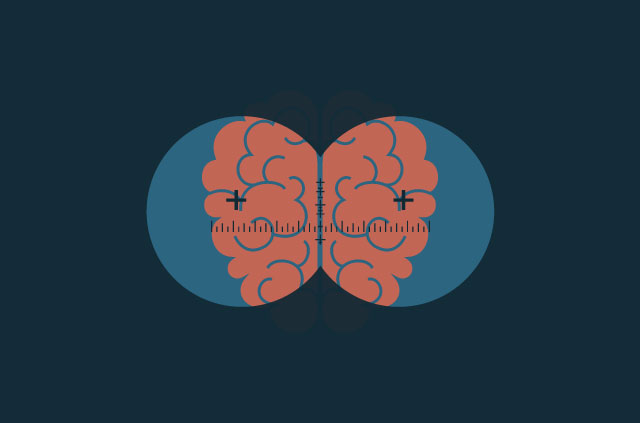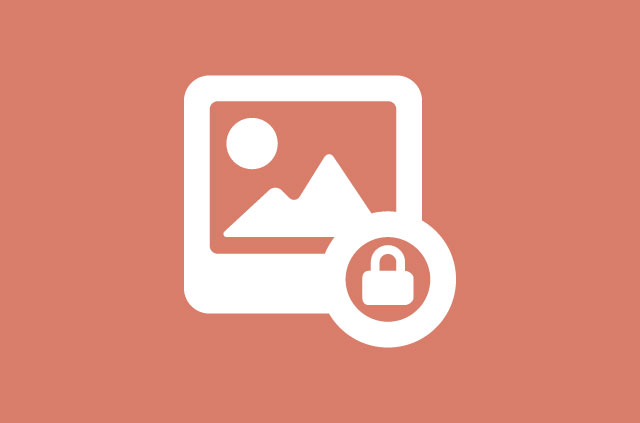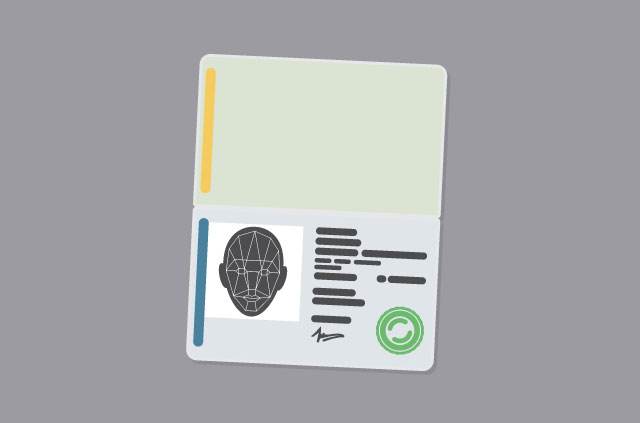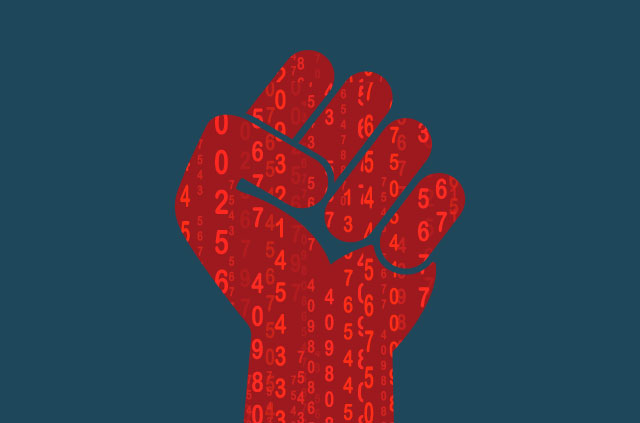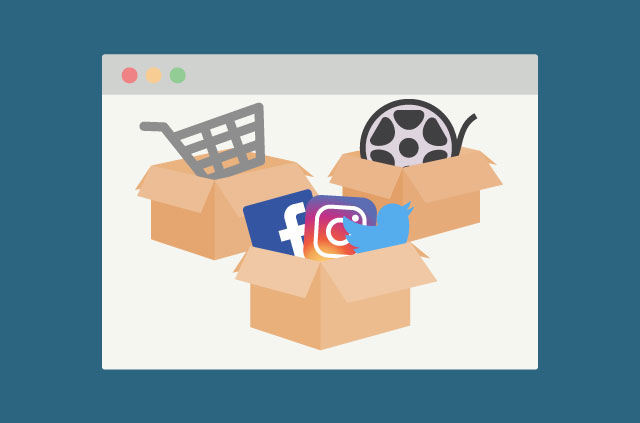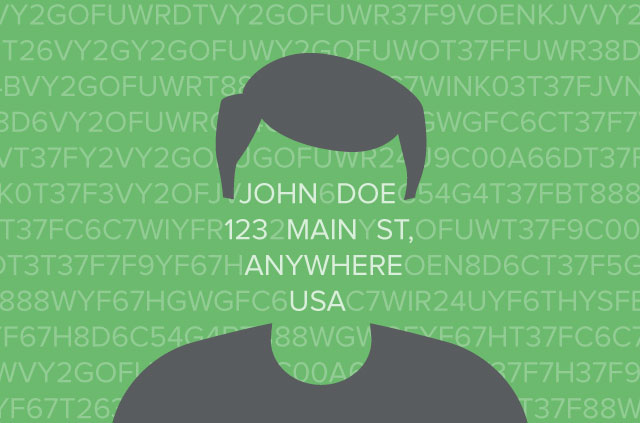Google Maps is turning 15. How has it dominated the...
Do you remember the last time you looked at a printed map? If you drive, then maybe you have...
Cut the cord: We compare 7 live TV streaming services
The trend of ditching cable TV for online streaming services is in full force, and for good reason: It’s...
Tech that can spy on our brains is coming
Almost ten years ago, Facebook launched its facial recognition tool, which could identify people in photos uploaded onto the...
Announcing the winner of the 2019 Future of Privacy Scholarship
NOTE: This post was originally published on October 25, 2019
We are excited to announce the winner of the ExpressVPN...
How to make your photos more private on social media
“A picture is worth a thousand words,” so the old adage goes. Today, with virtually all photos taken digitally...
Opt out of a face scan at the airport? Easier said...
Air travel is stressful—from finding the best flight prices to lining up for what feels like hours to get...
3 things activists can do to strengthen their privacy and security
Plummeting press freedoms, stifled internet access, attempts to subvert encryption, and plenty of other indicators point to a budding...
Interview: Meet the person protecting human rights activists amid mass surveillance
Front Line Defenders’s Mohammed Al-Maskati has spent most of his life fighting for human rights in Bahrain and the...
You should be compartmentalizing your browsers. Here’s how it works.
We’re acutely aware that our data is valuable—our online movements are followed assiduously by companies and governments who wish...
Anonymized demographic data can still be used to identify you
If you’re one of the few people who read terms of service, you may find buried in various companies’...


